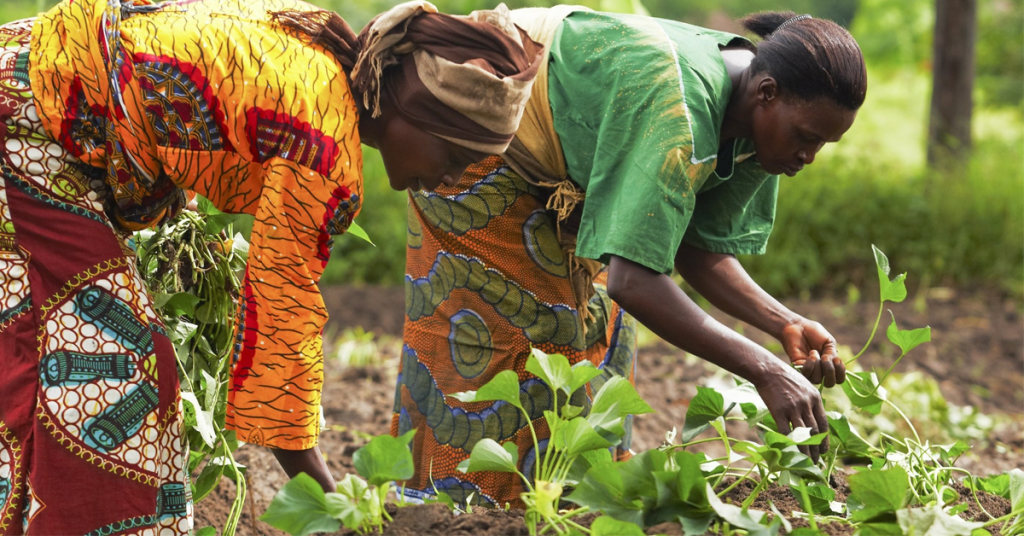The Federal Government of Nigeria has secured a significant boost for its agricultural sector with the signing of a $158.15 million financing agreement for the Value Chain Programme in Northern Nigeria (VCN). This initiative, set to commence immediately, aims to transform agricultural value chains and uplift farmers across nine northern states.
According to a statement from the Vice President’s office, the ambitious eight-year project is a collaborative effort between the Nigerian government, the International Fund for Agricultural Development (IFAD), and the French Development Agency (AFD). The VCN programme emerged from Vice President Kashim Shettima’s appeal to IFAD at a United Nations Food Systems Summit (UNFSS) event in Rome, where he advocated for increased support for Nigeria’s agricultural and food security transformation under the Renewed Hope Agenda. The confirmation of the project followed on March 21, 2024.
The programme is strategically designed to tackle critical challenges in the region, including poverty, malnutrition, and the vulnerability of its population. The nine benefiting states are Borno, Bauchi, Kano, Katsina, Kebbi, Jigawa, Sokoto, Yobe, and Zamfara.
Speaking at the signing ceremony in Abuja, Vice President Shettima emphasized the programme’s alignment with President Bola Ahmed Tinubu’s commitment to poverty reduction, restoring dignity to farmers, and ensuring national food security. He hailed the VCN as “a declaration of faith in the North, not as a region of deficits, but as a place of abundance,” urging stakeholders to play their part in delivering on the promise to improve the lives of farming families in the target states.
The Vice President further highlighted the synergy between the VCN programme and the government’s plans to establish Special Agro-Industrial Processing Zones (SAPZs) nationwide. He explained that this collaboration would facilitate the transformation of raw agricultural produce into value-added goods, thereby fostering job creation, industrial growth, and economic stability, ultimately shifting Nigeria from exporting raw materials to exporting processed goods.
Senator Shettima also underscored the importance of achieving self-sufficiency, particularly in the face of global trade uncertainties. He assured that the federal government would employ digital tools to ensure transparency and accountability throughout the project’s implementation, from farmer registration to market access.
The Minister of Agriculture and Food Security, Senator Abubakar Kyari, hailed the financing agreement as a significant milestone in the government’s efforts to revolutionize Nigeria’s agricultural sector. IFAD Country Director, Mrs. Dede Ekoue, revealed that the programme is projected to reach approximately 3.1 million household members and generate over 30,000 jobs and entrepreneurial opportunities for vulnerable groups, including women and youth. Furthermore, the project includes plans for the construction of over 229 kilometers of roads to enhance access to markets for farmers.

